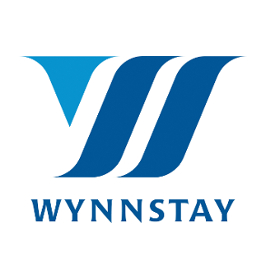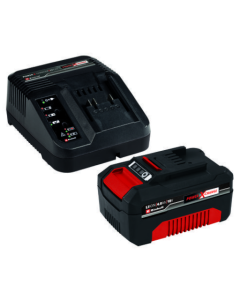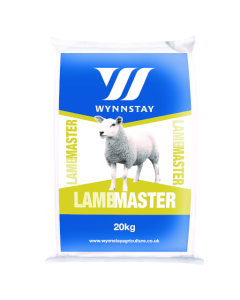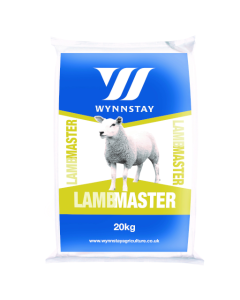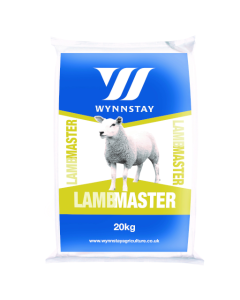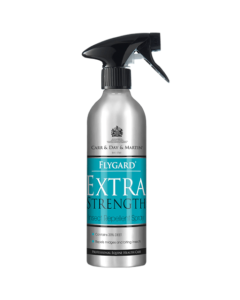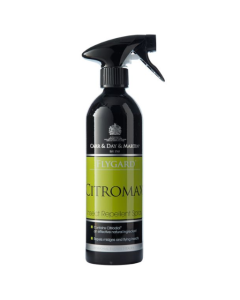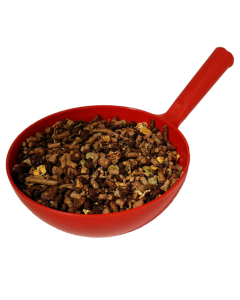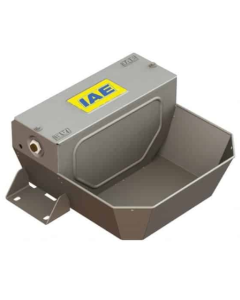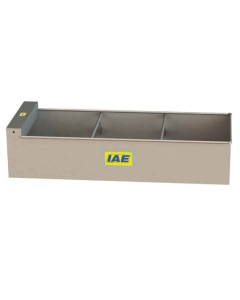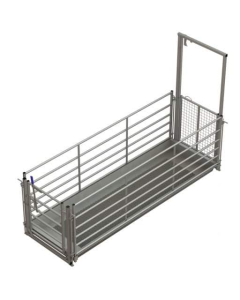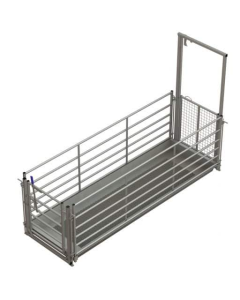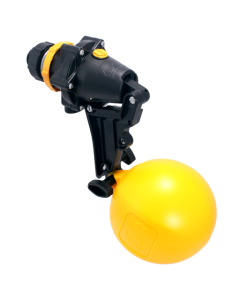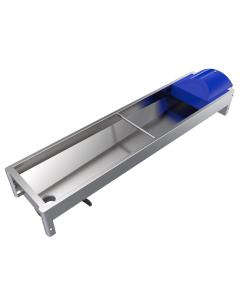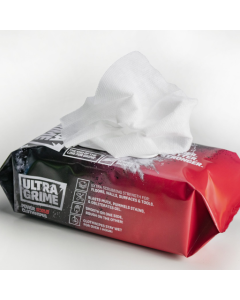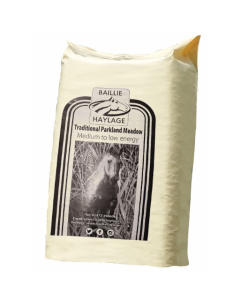The best electric fence is the one that is suited to your specific on-farm needs. The table below outlines the 3 main types of electric fence structures to help you identify which fence type best suits your needs. Remember, you can always speak to our in-store team who can assist you with all enquiries.
What is best for you?
Portable / Temporary |
Semi-Permanent / Permanent |
Permanent /High-Tensile |
|
|
Length of Fence Placement |
Short-moves frequently |
up to 10 years* |
20 years + * |
| Ease of construction | Simple | Easy to medium |
Medium Requires special tools or fencing contractor |
| Best recommended for |
Horses, cows, pets, domestic animals |
Deer, horses, cows, sheep, goats, pigs, exotic animals |
Deer, horses, cows, sheep, goats, pigs, exotic animals, predators |
| Containment Area |
Short/small |
Unlimited | Unlimited |
| Primary Need |
Temporary containment/strip grazing |
Pastures and internal fencing |
Boundary and internal fencing |
| Key Benefits |
Easy to install and relatively inexpensive. Offers great flexibility and portability |
Can use any combination of post and wire types
|
Optimum strength for livestock management. Longer fence life with minimal maintenance. |
Main Fence Components
| Post Type | Tread-ins, pigtails or fibreglass posts | Wood posts and battens, steel posts, fibreglass posts | Wood posts, steel posts |
| Wire Type | Poliwire, tape, rope or braid |
Poliwire, tape or rope, steel or galvanised fence wire 2 mm (14 ga) - 2.5 mm (12.5 ga) |
Galvanised high-tensile wire 2.5 mm (12.5 ga) - 4 mm (8 ga) |
| Energiser Type | Portable solar, small mains/battery Unigizer | Mains, Unigizer, battery, portable solar | Mains, Unigizer, battery |



